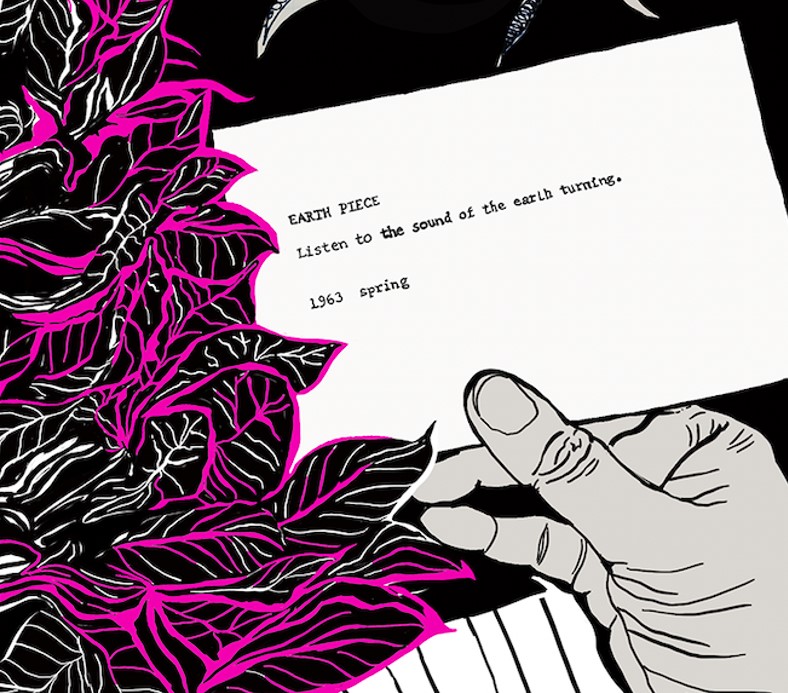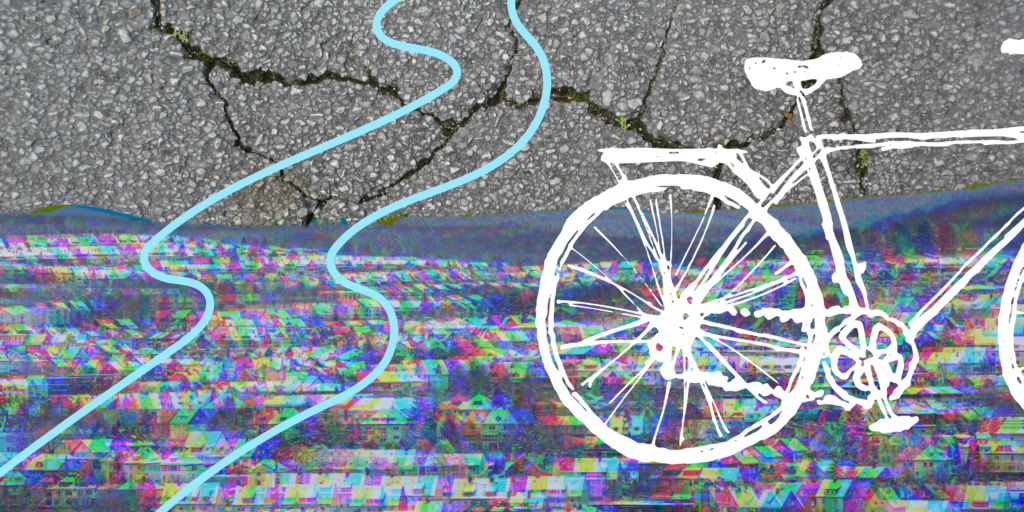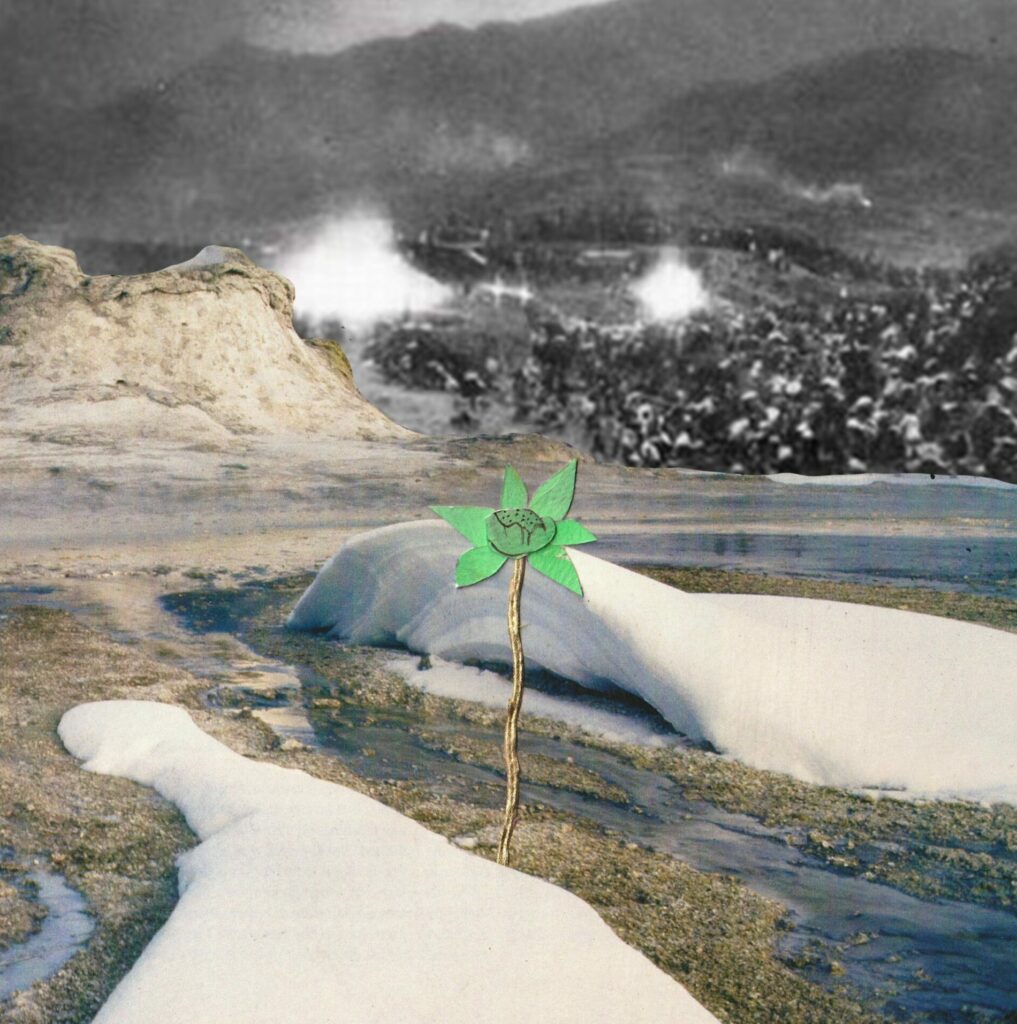Tomorrow too I wake in the wrong country’s immense heat.

March 17, 2023
Panjakent, Tajikistan
۱
Outside the gas station, I lean a bilingual edition of Rudaki’s poems against the van. I am an American, conjugating verbs on scholarship, translating in pencil. After the tank fills, the station employees push the stuttering, spitting van up the mountain’s incline until the engine picks up and weeeeeeeeeeeeeee! the driver speeds and swerves hair-pin turns toward Rudaki’s tomb. Vertigo enlarges the sky.
2
Before the flight here, the scholarship director recommended I manage my expectations. This summer you will learn Iranian Persian in Tajikistan, she said. This is not a flight to Tehran.
۳
Still, peering over the cliff’s edge, the landscape beyond the gas station is a brush stroke. The car winds up my baba bozorg’s Alborz. Mountainside glaciers persist in dizzy, dry heat. Cows graze on slopes of grass. Village children race against cars. They wave them down to enclaves where their families sell wares: sour cherries, pistachios, balls of kashk. Tehran recedes in the figurative distance. If I wiggle my pinky nail through a window crack, the dry, dizzy heat whips against my skin—for the price of a shallow cut. Oh. I retrieve Rudaki’s book by its cover and clot my blood against a page.
4
The Iran of my mind is a mirage, an approximation—the product of a forty-year cold war between my countries. I came to know it through suitcase archives.
۵
I remember my illiteracy: when Persian was painful art, not alphabet. Every summer, my baba bozorg unpacked books from Iran. Their bindings unraveled. Their spines cracked. Our love for poetry, he explained, is in our blood—but when he read aloud, I scrunched my eyebrows. What does that word mean? I asked, and why is it so sad?
6
He died before I learned to recite a single poem in my native language.
۷
I plan poets’ pilgrimages to Iran that I will never take: Hafez’s tomb in Shiraz, Ferdowsi’s in Tus. Because there are no Persian scholarships that send Americans to Iran, I travel to Tajikistan instead. Here lies Rudaki, Adam of poetry, Father of Persian verse, first-century poet to the Samanid Shah. In my audacity, I make of him an unwilling surrogate.
8
The van slows. I spill out of the car into the country that is its own country, not mine. The driver lights a cigarette and leans against the bumper. I inspect the dirt road, its shop signs. A pregnant cow inspects me. Her ears flop in the wind.
۹
Along the road and before the compound’s threshold, village children observe the passers-by. They’ve seen me before, or foreigners like me, diminishing their landscape to a 5×7 with a camera click.
10
I a-salaam the gatekeeper. He tilts his body slightly forward in greeting and follows me up the steps to unlock the entrance of the tomb: a teal, circular, domed mass. Inside, the walls are smooth like paper. I suck at my split thumb until my mouth tastes of iron. I face the casket of the man who is not my baba bozorg. The blood dulls to a brown line. I am not home at last.
۱۱
Tomorrow too I wake in the wrong country’s immense heat. In the slit between dream and reality, I remember the shape of my Tajik bedroom and then of where I am not. I manage my expectations. That’s how the cold war goes.



